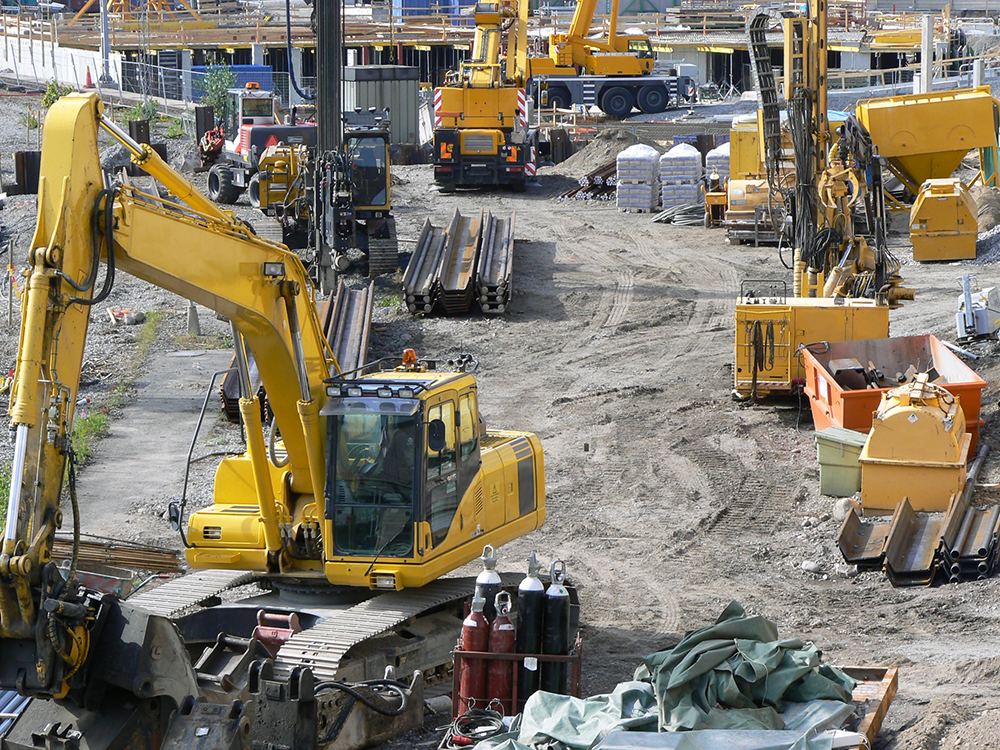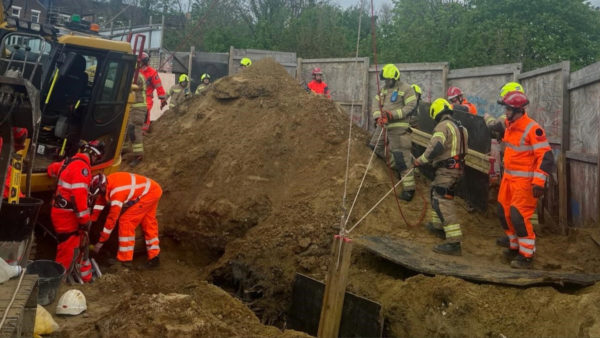
Project teams are counting the carbon footprint of materials too late. Engaging with suppliers at the early stages of the design process to consider the implications of material selection makes much more sense, says Emma Hines.
We are living in a world where the visibility of the climate emergency is becoming more and more apparent. In light of the recent publication of the Intergovernmental Panel on Climate Change, the world’s leading authority on climate science, it is increasingly important for all businesses to consider and analyse their carbon data.
In its latest report published two weeks ago, the IPCC found that within the next two decades, temperatures are likely to rise by more than 1.5oC above pre-industrial levels, breaching the ambition of the 2015 Paris climate agreement, and bringing widespread devastation and extreme weather. Only rapid and drastic reductions in greenhouse gases in this decade can prevent such climate breakdown.
Many project teams are already involved in measuring carbon dioxide reductions – but not always to the best effect. Tarmac recently carried out industry research to better understand attitudes towards project carbon accounting, with the aim of achieving a clearer picture about what the construction sector is doing to evaluate and measure carbon.
The results of this research reveal that there are myriad systems and approaches currently being used across the industry and very little consistency in reporting from business to business.
‘Reporting carbon retrospectively is a missed opportunity to make more sensible, informed data-led decisions through upfront discussions with clients and contractors to collaboratively consider how to cut carbon during construction.’
For example, many companies are continuing to create bespoke carbon databases when credible and quality-assured industry tools are already available. These tools provide valuable information on the whole-life performance of products and therefore the lifecycle impact of projects.
Another widespread issue is that contractor design teams and other parts of the supply chain are often retrospectively reporting carbon at the end of a project. Our research found that carbon measurement is often still an afterthought, too often considered as a mere box-ticking exercise.
Reporting carbon retrospectively is a missed opportunity to make more sensible, informed data-led decisions through upfront discussions with clients and contractors to collaboratively consider how to cut carbon during construction.
At Tarmac, we’re still overwhelmed with requests for carbon performance data once a project has been completed. The problem with this approach is that it doesn’t allow for early engagement and discussions about how product design, selection, logistics and in-use benefits can cut the whole-life carbon impact of a project.
Engaging with materials providers at the early stages of the design process to consider the implications of material selection is a much-improved approach that can deliver significantly better environmental outcomes.
Another crucial stage of project management that ensures informed materials choices for both clients and contractors is benchmarking embodied carbon data and working out accurate project-specific carbon data to consider whole-life carbon.
My recommendation to customers is to liaise with the supply chain early to obtain the most accurate project-specific carbon data and consider whole-life carbon impacts. Consistency in terms of approach and benchmarking data is essential to making comparisons that have depth and meaning.
Ideally, commonality across the systems used by businesses to measure carbon data would take precedence, along with early engagement with materials providers to consider projects’ whole-life carbon impacts.
Retrospectively reporting carbon is inefficient, and more importantly does not guarantee the best environmental outcomes. It should become a thing of the past.
Emma Hines is senior manager, sustainable construction, at Tarmac










